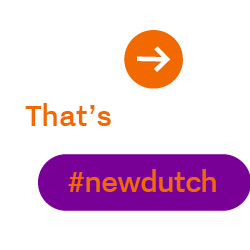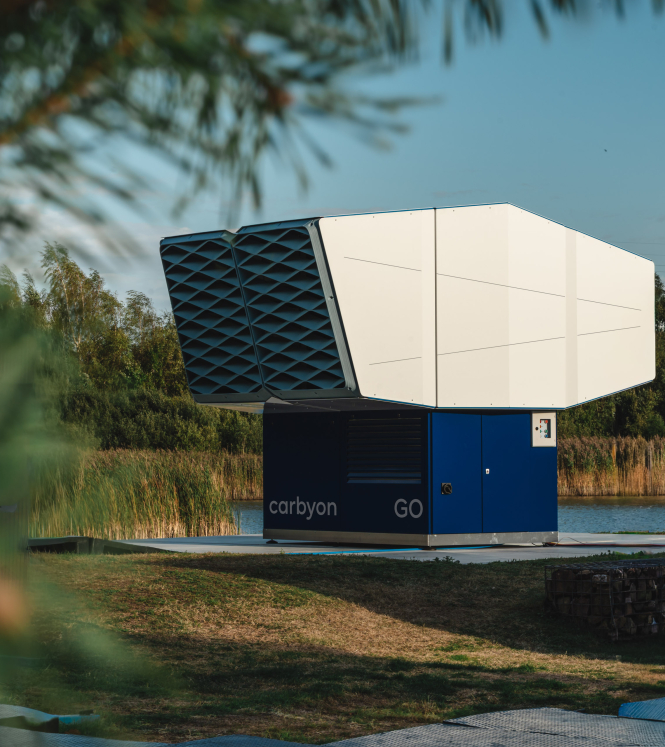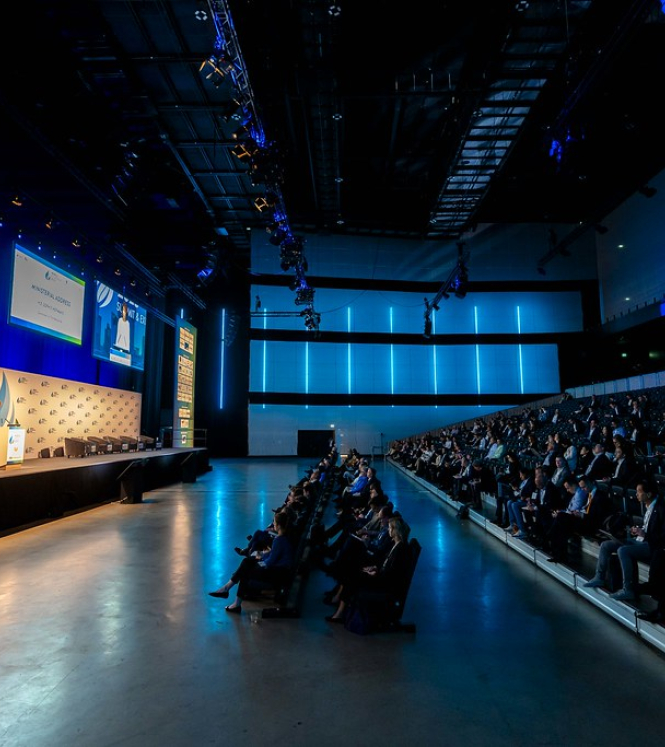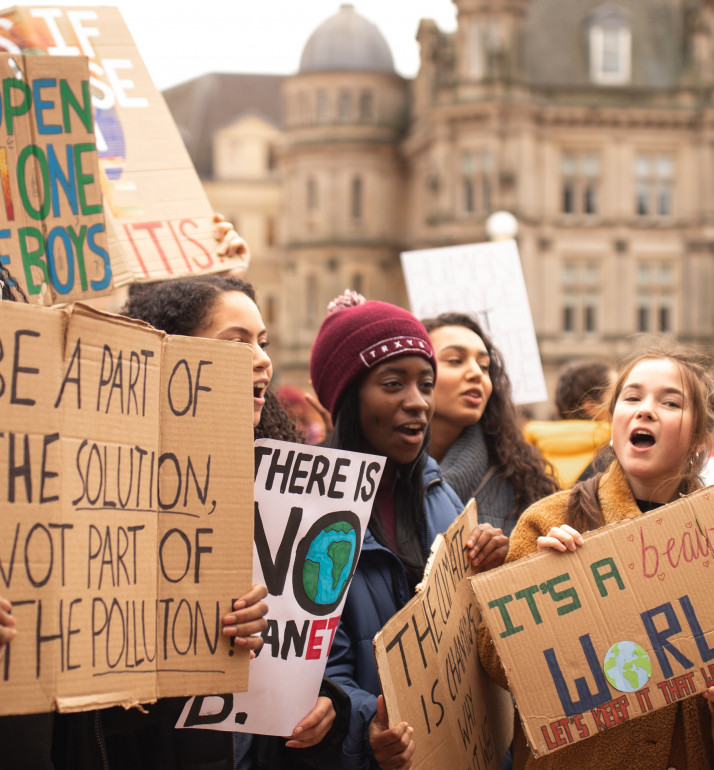
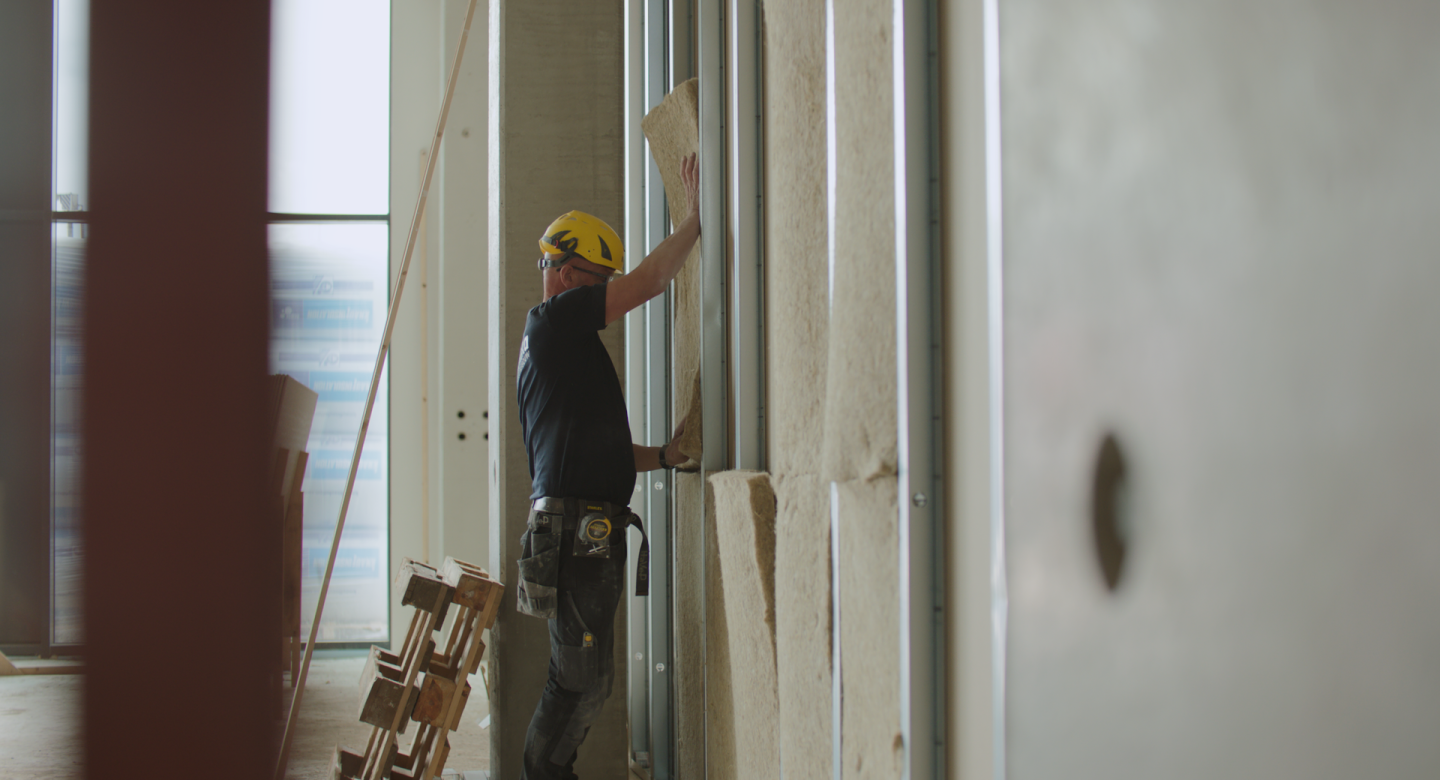
When hemp meets housing
What if your house didn’t pollute, but helped clean the air? Most conventional buildings begin harming the environment before anyone ever moves in. Through the extraction, production and transport of materials like concrete, PVC and polystyrene. These processes emit large amounts of CO₂ and other pollutants, turning our homes into silent contributors to climate change. But what if walls could grow in a field instead of being forged in a factory?
That’s the kind of thinking behind GreenInclusive, a Dutch frontrunner in the shift to circular, biobased construction. GreenInclusive are not just building homes, they're growing them. With nature. GreenInclusive is at the forefront of a transition towards a regenerative building economy. Imagine in 2050 walking through Dutch towns and cities and witnessinga society that learned to build radically differently. Forget concrete, polystyrene and PVC, but think of materials that live, breathe, grow and can return to the ground when their work is done.
In the Netherlands, a unique ecosystem of companies, farmers, and knowledge institutions has joined forces to make this vision a reality. The guiding principle: build with what nature gives you, and return it when you’re done. Founded in Friesland, GreenInclusive is bridging agriculture and architecture to help make this future tangible. Working with over 100 Dutch farmers, they cultivate fibre crops like hemp and elephant grass, transforming them into high-performance building materials, like HempWool. This results in a fully natural insulation product, grown on local soil for local homes.
More than innovation: it’s system change
GreenInclusive’s mission reaches beyond materials. It’s about redesigning the system from the ground up. They create short and transparent value chains between farmers, builders, and housing corporations. This approach helps restore biodiversity, generate local jobs, and reduce emissions on a large scale. In 2024, the movement gained momentum with over 30 partners signing the Frisian Hemp Deal, pledging to insulate more than 1,000 homes with regional hemp.
Natural materials for tomorrow’s homes
In the lab, hemp revealed itself as more than a crop. It’s a climate-positive powerhouse. It captures CO₂, purifies the soil, and yields strong, versatile fibres. In the fields, GreenInclusive is growing the building blocks of the future. In production, they craft modular insulation panels designed to fit into circular construction systems. The result? Homes that are breathable, healthy, and kind to the planet; buildings that adapt with the seasons and are designed for disassembly, so nothing goes to waste; architecture that leaves no harm on nature or the planet.
Rooted in the future
GreenInclusive is part of a broader Dutch movement where nature, knowledge, and technology converge to reimagine the built environment. With contributions from universities, municipalities, and designers, the Netherlands is playing an active role in the global shift towards circular and biobased building. And Friesland is home to some of the most exciting green breakthroughs in Europe. We are working towards a future where, by 2050, construction is no longer an extractor of resources, but a steward of them. At GreenInclusive, they believe that the homes of tomorrow begin with the land beneath our feet. It’s a new chapter in construction: where houses grow from fields, and climate-positive neighbourhoods start with just a seed.
#NewDutch is a mentality, a movement, and an international platform for Dutch innovation. Discover the makers of tomorrow on www.newdutch.nl and join us!![]() Home
Home

